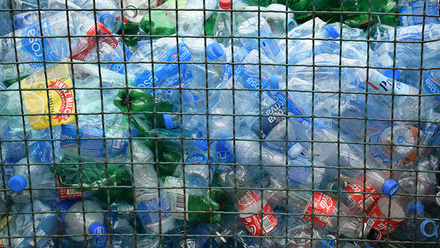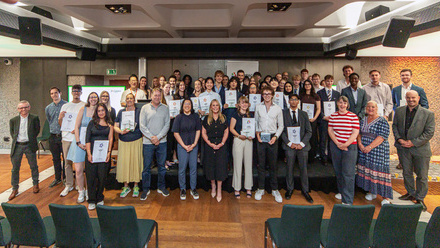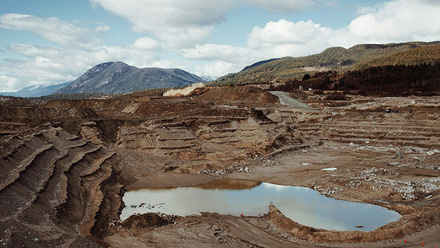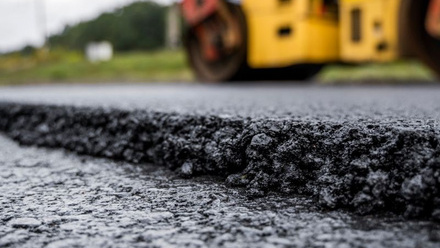Kenyan waste pickers raise awareness at negotiations for global plastics treaty
The group of waste pickers highlight the need for a just transition to end plastic pollution for the informal waste management sector.
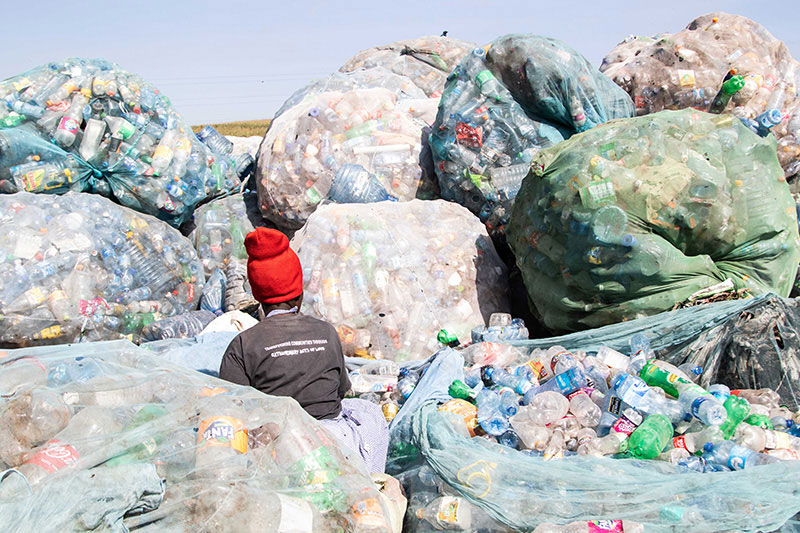
They are performing a piece of 'carefully orchestrated legislative theatre' to delegates at the third session of the Intergovernmental Negotiating Committee for a legally binding instrument on plastic pollution.
The meeting is taking place this week from 13 to 19 November 2023 at the UN Environment Programme (UNEP) Headquarters in Nairobi, Kenya.
This is a collaboration involving creative experts from the University of Portsmouth, UK, Theatre for Development specialist Matthew Hahn, GRID-Arendal, IUCN, the Social Justice Centre Travelling Theatre, and the Kenyan National Waste Pickers Welfare Association.
The waste pickers were recruited by the Kenyan National Waste Pickers Welfare Association, from three informal settlements in Nairobi (Mukuru, Dandora, Kibera) and from Kisumu.
People who earn their living by collecting and sorting waste, known as the ‘informal waste sector’, are responsible for recovering 60% of post-consumer plastic waste globally and diverting huge amounts of plastic waste from polluting the environment.
It is estimated that 15- 20 million people worldwide work in the informal waste sector, and depend on it for their livelihoods. However, the work is generally badly paid, hazardous and has low social standing.
Although waste pickers have now been recognised as formal stakeholders in the global plastic treaty process, access and inclusion in treaty dialogues is not equitable. The project leaders state more needs to be done to ensure meaningful participation for the informal sector in shaping the future of waste management.
Principal Investigator, Dr Cressida Bowyer, Associate Professor in Arts and Sustainability and Deputy Director of Revolution Plastics at the University of Portsmouth, worked with the waste pickers to help coordinate the drama piece.
She says, 'There is a real risk that stakeholders and communities most impacted by plastic pollution and any potential outcomes of the global treaty are in danger of not having their voices heard, and this includes the informal waste sector.
'We’re hoping to get the attention of negotiators with something a bit different from the reports, speeches and panels that they will be used to. The participatory nature of legislative theatre offers a unique opportunity to interact with waste pickers and gain insights into the daily challenges they encounter. Subsequent to the performance, there will be an opportunity for audience members and waste pickers to engage in meaningful dialogue and share their valuable insights.'
This event falls under the AFRIPAC project: Effective Plastic Treaty Capacity Building for Africa, a two-year project in which GRID-Arendal and IUCN partner to support Small Island Developing States and developing countries for increased capacity in the global plastics treaty negotiations.


